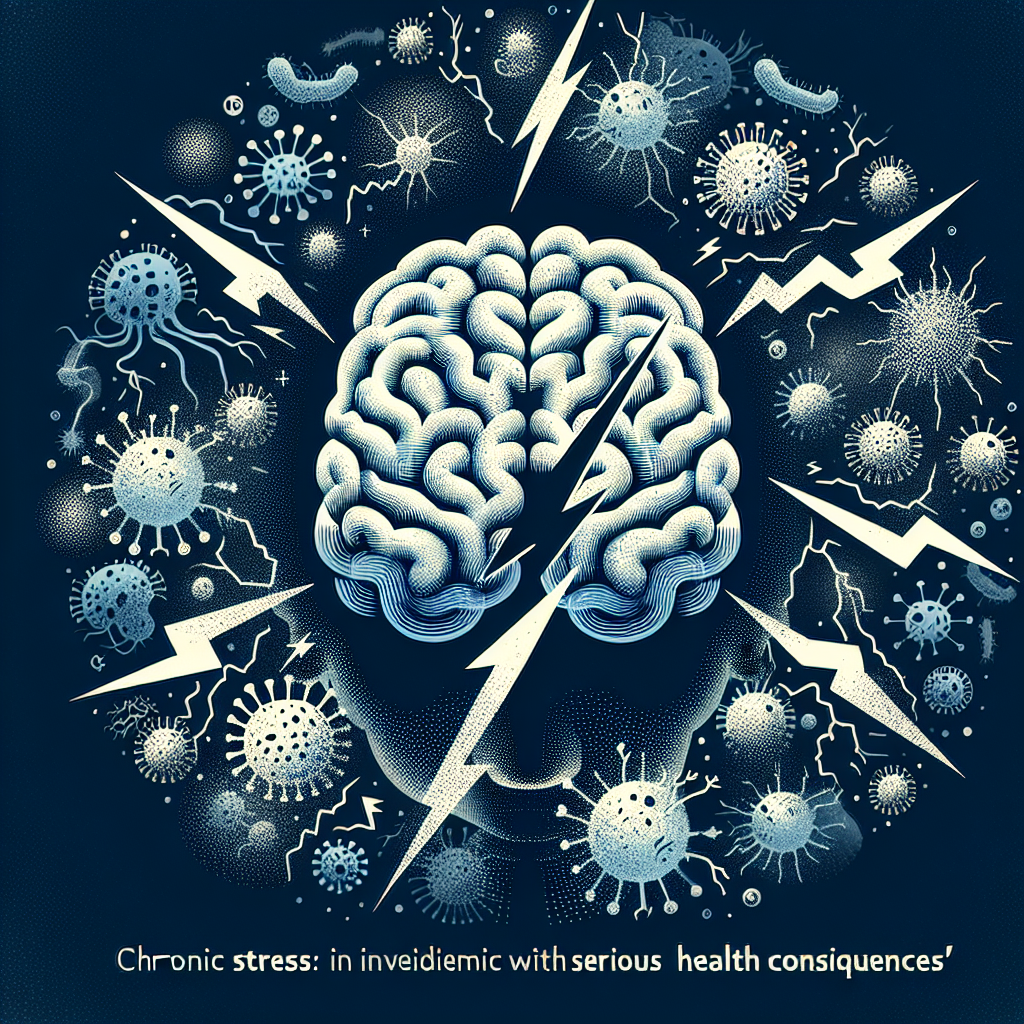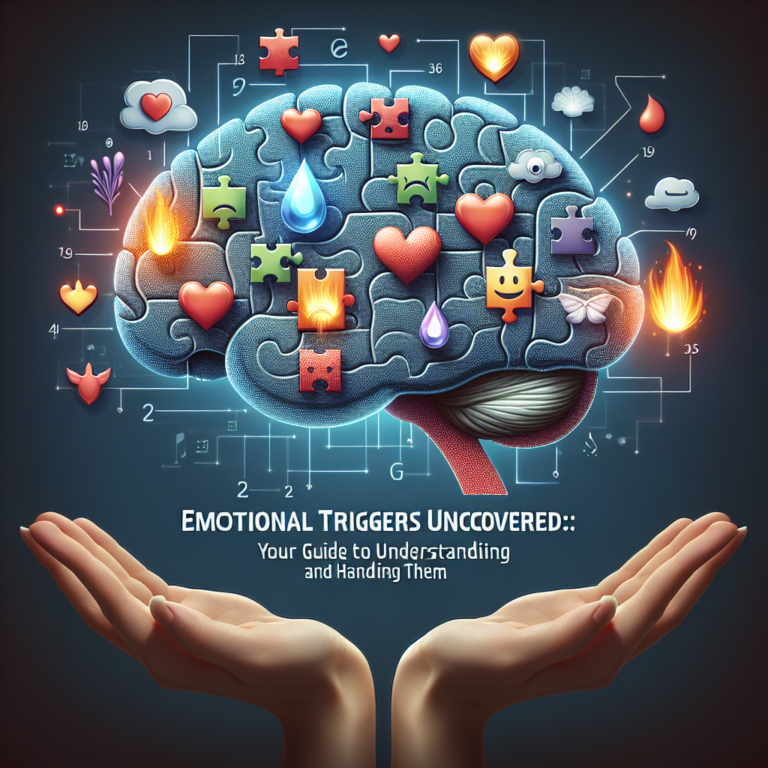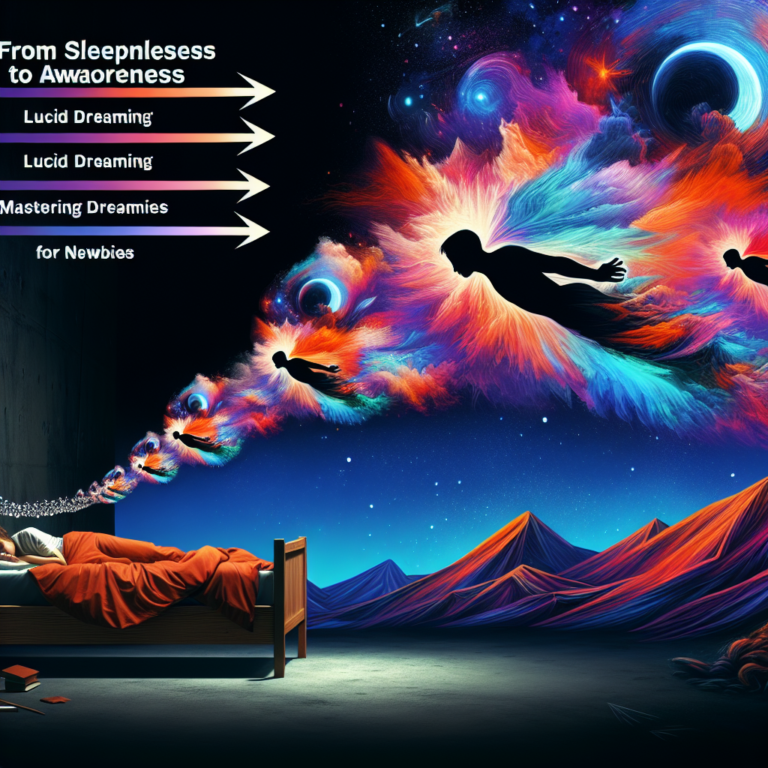
Chronic Stress: An Invisible Epidemic with Serious Health Consequences You Must Address
Introduction
In today’s fast-paced world, the phrase "I’m stressed" has become a common refrain. Yet, many people may overlook the profound ramifications that chronic stress can have on their physical and mental well-being. Chronic Stress: An Invisible Epidemic with Serious Health Consequences poses significant risks that extend far beyond just feeling overwhelmed. This article delves into the nuances of this pervasive issue, its implications, and actionable strategies to combat its effects.
Understanding Chronic Stress
What is Chronic Stress?
Unlike acute stress, which is a short-term response to a specific threat, chronic stress persists over an extended period. It often arises from ongoing pressures, such as work demands, relationship issues, or financial worries. Chronic stress activates the body’s fight-or-flight response continuously, leading to a range of health complications.
Prevalence of Chronic Stress
A recent survey indicated that over 70% of adults regularly experience stress that they consider moderate to high. The World Health Organization has even categorized chronic stress as a significant public health concern. Chronic Stress: An Invisible Epidemic with Serious Health Consequences affects millions, yet its presence often goes unrecognized by both individuals and healthcare professionals.
The Science Behind Stress
Chronic stress triggers a prolonged release of cortisol, the primary stress hormone. This hormonal imbalance can lead to various physical conditions, including:
- Hypertension
- Weakened immune function
- Cardiovascular diseases
- Mental health disorders (anxiety, depression)
The Health Impact of Chronic Stress
Physical Consequences
Case Study: The Young Professional
A 24-year-old marketing executive, let’s call her Sarah, experienced chronic stress due to tight project deadlines and a demanding boss. Within a few months, she began experiencing frequent headaches, fatigue, and an increased heart rate. Sarah’s case illustrates how chronic stress can manifest physically, leading her to seek medical attention only after symptoms had escalated.
| Symptom | Duration Before Intervention | Outcome |
|---|---|---|
| Headaches | 3 months | Diagnosed with tension headaches |
| Fatigue | 2 months | Suggested to undergo lifestyle changes |
| Increased HR | 1 month | Monitored for potential cardiovascular issues |
Mental Health Consequences
Chronic stress is a significant precursor for anxiety and depression. The more prolonged the exposure to stress, the more pronounced the mental health ramifications become.
Case Study: The College Student
Consider Jake, a college junior struggling with academic pressures. His constant stress led to poor sleep patterns and, eventually, anxiety attacks. Only after engaging with a counselor did he begin to understand the link between his chronic stress and mental health deterioration. Jake’s experience emphasizes the need for early intervention and awareness in educational settings.
Long-Term Health Risks
Chronic stress has profound long-term implications, including:
- Cardiovascular Issues: Prolonged stress can lead to chronic hypertension and heart disease.
- Digestive Problems: Stress can exacerbate conditions like irritable bowel syndrome (IBS) and other gastrointestinal disorders.
- Autoimmune Disorders: Chronic stress can trigger or worsen autoimmune responses.
Strategies for Managing Chronic Stress
Mindfulness and Meditation
One of the most effective tools for managing chronic stress is mindfulness. Practicing mindfulness helps in bringing focus to the present moment, reducing anxiety about future uncertainties.
Benefits of Mindfulness
- Improved focus and concentration
- Reduced rumination and negative thoughts
- Enhanced emotional regulation
Physical Activity
Regular exercise can significantly mitigate stress. It releases endorphins, which are natural mood lifters.
Recommended Activities
- Walking: Simple and accessible, walking can clear your mind and improve cardiovascular health.
- Yoga: Combining physical movement with breath control offers a holistic approach to managing stress.
Seeking Professional Help
Sometimes, self-help strategies may not suffice. Consulting a mental health professional can be crucial for long-term recovery.
Therapy Options
- Cognitive Behavioral Therapy (CBT): This can help individuals recognize and alter negative thought patterns associated with stress.
- Support Groups: Connecting with others can foster a sense of community and shared understanding.
Building Strong Relationships
Maintaining strong social ties can act as a buffer against stress. Sharing experiences and emotions with friends or family can significantly alleviate feelings of isolation.
The Role of Organizations
Organizations play a critical role in mitigating chronic stress among employees. Here are effective measures for reducing workplace stress:
- Implementing flexible working arrangements
- Offering employee support programs
- Promoting a positive work culture
Chronic Stress: An Invisible Epidemic with Serious Health Consequences can be partially addressed at the organizational level, fostering an environment conducive to well-being.
Conclusion
Chronic stress is an invisible epidemic that inflicts serious health consequences on individuals and communities alike. Understanding its ramifications and actively implementing management strategies can lead to improved health outcomes and enhanced quality of life. By recognizing the signs and embracing holistic approaches, you can reclaim your well-being and combat the invisible threats posed by chronic stress.
Actionable Takeaway
Take a moment today to assess your own stress levels. Consider what triggers your stress and explore actionable strategies, like mindfulness or physical exercise, to ease its grip on your life. Remember, your health is a priority—don’t let chronic stress dictate your journey.
FAQs
1. What are common symptoms of chronic stress?
Common symptoms include persistent headaches, fatigue, sleep disturbances, anxiety, and irritability.
2. How can I identify if I have chronic stress?
Self-reflection on your emotional and physical health can help. Symptoms that persist for weeks or months should be evaluated by a healthcare professional.
3. Can chronic stress lead to serious diseases?
Yes, long-term stress can lead to heart disease, digestive issues, autoimmune disorders, and more.
4. What quick strategies can I use to manage stress?
Techniques like deep breathing, short walks, or practicing mindfulness can provide immediate relief.
5. Is seeking therapy necessary for managing chronic stress?
Seeking professional help can be beneficial, especially if symptoms interfere with daily life. Therapy offers tools for coping effectively.
By exploring the dimensions of Chronic Stress: An Invisible Epidemic with Serious Health Consequences, we can enhance our understanding and develop effective coping mechanisms. Remember, taking proactive steps today can make a significant difference in your future well-being.















